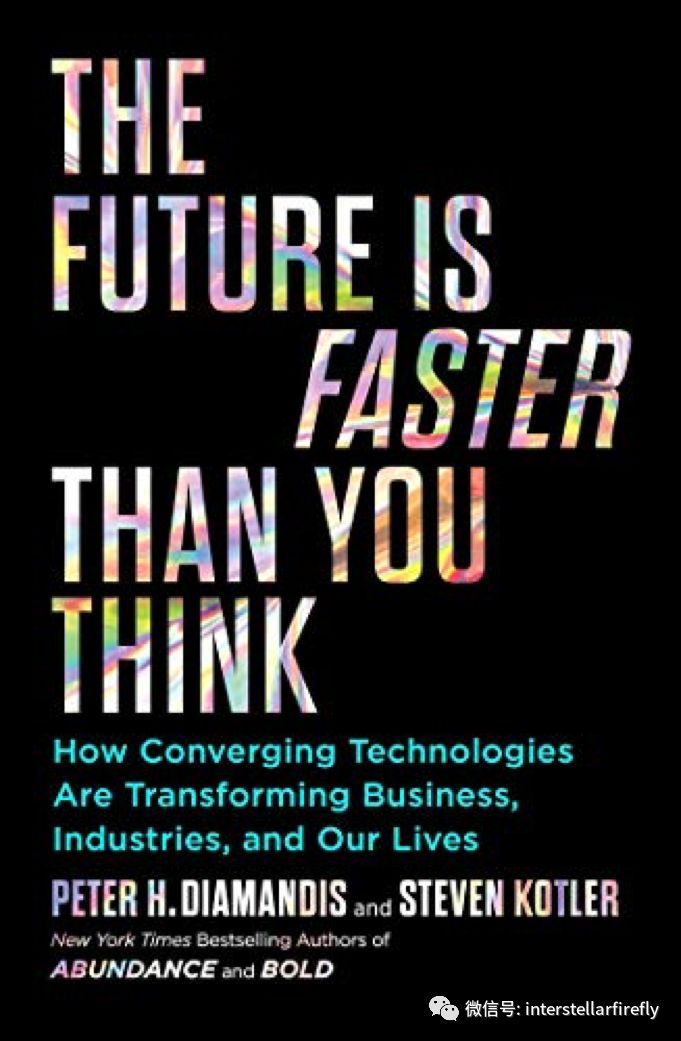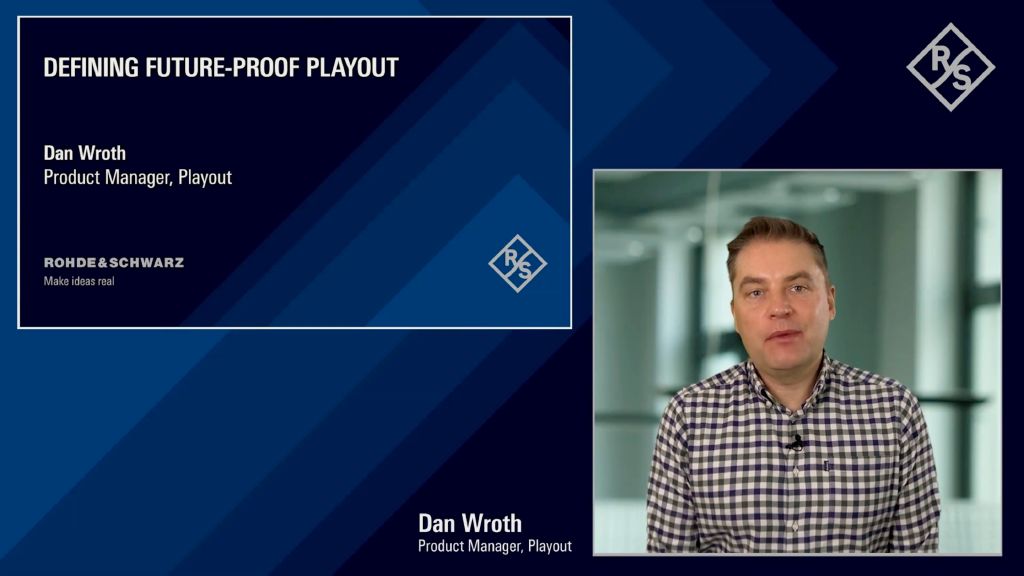Peter Frase Four Futures: Navigating the Next Decades of Innovation and Change
Guide or Summary:Artificial Intelligence and the Future of WorkSustainable Technologies and the EnvironmentGlobalization and Economic ReshapingDemocratic Pa……
Guide or Summary:
- Artificial Intelligence and the Future of Work
- Sustainable Technologies and the Environment
- Globalization and Economic Reshaping
- Democratic Participation and Digital Governance
In the ever-evolving landscape of technology and society, Peter Frase's "Four Futures" offers a compelling exploration of the multifaceted paths humanity may take in the coming decades. This book delves into the potential scenarios that could shape our world, from the advent of artificial intelligence to the reshaping of global economies. By examining these "four futures," readers gain insight into the possibilities and challenges that lie ahead.

Artificial Intelligence and the Future of Work
The first future Peter Frase explores is the rise of artificial intelligence (AI) and its profound impact on the global workforce. As AI technologies continue to advance, they have the potential to automate many tasks currently performed by humans. This automation, while offering efficiencies and cost savings, also poses significant challenges for employment. Peter Frase examines the potential displacement of jobs and the need for a workforce that can adapt to this new technological landscape. He advocates for policies that promote re-skilling and lifelong learning, ensuring that individuals can transition into new roles and industries.
Sustainable Technologies and the Environment
The second future focuses on sustainable technologies and the urgent need to address environmental challenges. As climate change becomes an increasingly pressing issue, there is a growing demand for innovative solutions that can reduce carbon emissions and promote environmental sustainability. Peter Frase explores the potential of renewable energy sources, such as solar and wind power, and the role of technology in developing more efficient and sustainable practices across industries. He argues that embracing these technologies not only benefits the environment but also opens up new economic opportunities and enhances global competitiveness.

Globalization and Economic Reshaping
The third future examines the ongoing process of globalization and its implications for the global economy. With the rise of digital platforms and the increasing interconnectedness of economies, traditional models of production and trade are being challenged. Peter Frase explores the potential for new economic systems that are more inclusive and equitable, addressing the growing divide between the wealthy and the less fortunate. He advocates for policies that promote fair trade, support small and medium-sized enterprises, and ensure that the benefits of globalization are shared more broadly.
Democratic Participation and Digital Governance
The final future Peter Frase considers is the role of digital technologies in enhancing democratic participation and governance. As technology continues to shape our daily lives, there is a growing need for transparent and accountable systems of governance that reflect the values and needs of society. Peter Frase examines the potential of digital platforms to facilitate greater citizen engagement, enable more informed decision-making, and foster a more inclusive democratic process. He argues that harnessing the power of technology in this way can lead to more responsive and effective governance, ultimately strengthening the fabric of democratic societies.

In "Peter Frase Four Futures," readers are invited to explore these compelling visions of the future, each offering a unique perspective on the path humanity might take. By understanding these potential scenarios, we can better prepare for the challenges and opportunities ahead, ensuring that we navigate the complexities of the future with wisdom and foresight. Whether you are a policymaker, a business leader, or simply an engaged citizen, this book provides valuable insights into the shaping forces of our time and the possibilities they hold for the future.